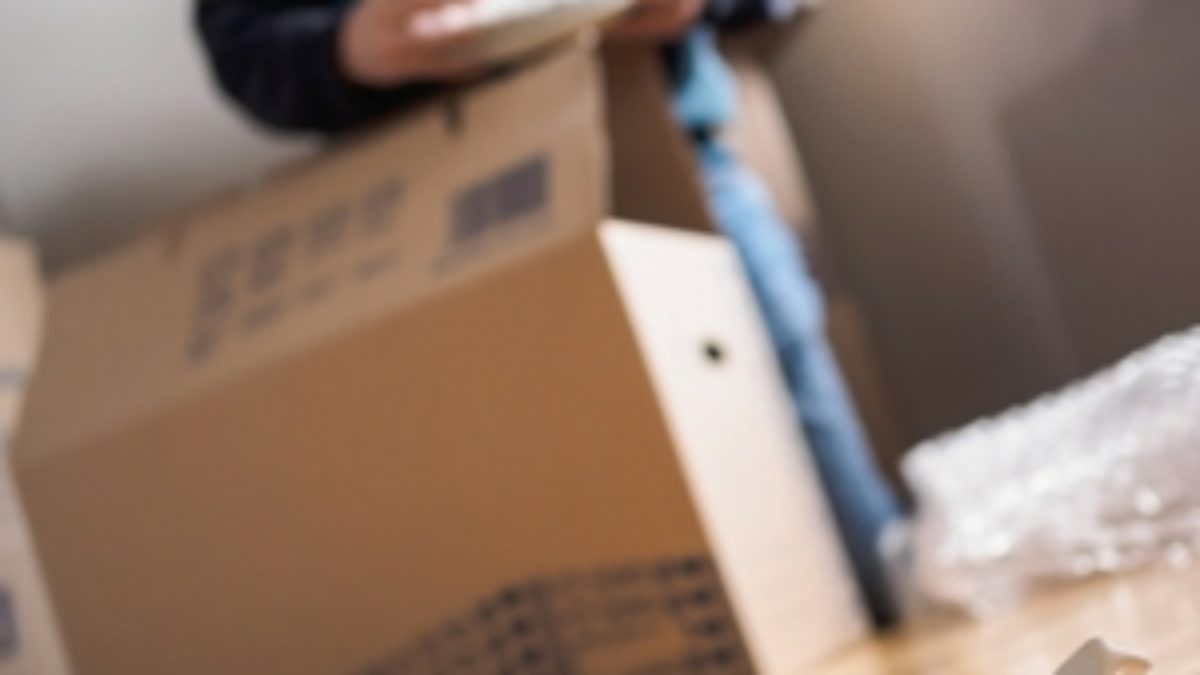Moving to a new home can be an exciting adventure, but it can also come with its fair share of challenges. One of the most distressing situations is discovering that your belongings have been damaged during the move. Whether it’s a beloved piece of furniture, valuable electronics, or fragile items, dealing with damage can be frustrating. However, knowing how to handle the situation can make a significant difference. In this article, we’ll discuss practical steps you can take if your belongings are damaged during the move, ensuring you feel empowered and informed.
1. Assess the Damage Immediately
As soon as you arrive at your new home, take the time to carefully inspect your belongings. Here’s how to approach this step:
- Document Everything: Before you start unpacking, take photos of any damaged items. This visual evidence will be crucial for insurance claims or discussions with the moving company.
- Make a List: Create a detailed list of all damaged items, noting their condition and any relevant details (like purchase dates, original prices, etc.). This documentation will help you articulate the situation clearly later.
To avoid damage during your move, consider hiring professional movers like Movefasa Moving LLC for a smoother and safer experience.
2. Review Your Moving Agreement and Insurance Coverage
Understanding your rights and the protection options available is essential:
- Check the Contract: Review the moving contract you signed. It often outlines the moving company’s liability for damages. There are typically two types of liability:
- Released Value Protection: This basic coverage offers minimal compensation (typically 60 cents per pound) for damaged items.
- Full Value Protection: This option provides more comprehensive coverage, ensuring that damaged items are either repaired or replaced at their current market value.
- Insurance Policies: If you purchased additional moving insurance through your moving company or your homeowner’s insurance, review the terms to see what’s covered.
3. Contact the Moving Company Promptly
Once you’ve assessed the damage, it’s important to communicate with the moving company:
- Notify Them Quickly: Contact the moving company within the timeframe specified in your contract—usually within a few days of the move. This promptness ensures that your claim is processed efficiently.
- Provide Documentation: Share the photos and list of damaged items with the moving company. Being organized and detailed will help them understand the situation better.
4. File a Claim
If your belongings are covered under the moving company’s insurance policy, follow their claims process:
- Complete the Claim Form: Most moving companies have a specific form for filing claims. Fill it out carefully, ensuring that all necessary information is provided.
- Submit Evidence: Attach the documentation you gathered earlier—photos, receipts, and your detailed list of damaged items. This evidence will support your claim and increase your chances of a successful resolution.
5. Be Prepared for Follow-Up
After submitting your claim, be prepared for the next steps:
- Follow Up Regularly: Stay in touch with the moving company to check the status of your claim. Document your conversations and keep records of any correspondence.
- Be Patient: The claims process can take time, so patience is key. If you experience significant delays, don’t hesitate to reach out for updates.
6. Consider Other Options for Resolution
If the moving company denies your claim or offers inadequate compensation, you may have additional options:
- Dispute Resolution: Many moving companies are part of industry associations that offer mediation services. If you cannot reach a satisfactory resolution, consider seeking help from these organizations.
- Legal Action: As a last resort, if you believe your case warrants further action, consult with a legal professional to discuss potential next steps.
7. Learn from the Experience
Once the situation is resolved, take some time to reflect on the moving process:
- Evaluate Your Movers: Consider leaving a review of the moving company based on your experience. Sharing your story can help others make informed decisions.
- Insurance for Future Moves: If you move frequently, consider investing in comprehensive moving insurance to protect your belongings in the future.
Conclusion
Discovering that your belongings have been damaged during a move can be a stressful experience, but knowing how to respond can ease the burden. By assessing the damage, reviewing your coverage, contacting the moving company, and filing a claim, you can navigate the situation more effectively. Remember that you are not alone; many have faced similar challenges, and understanding your rights and options can empower you during this process.
Keep an eye for more news & updates on Gossips!




